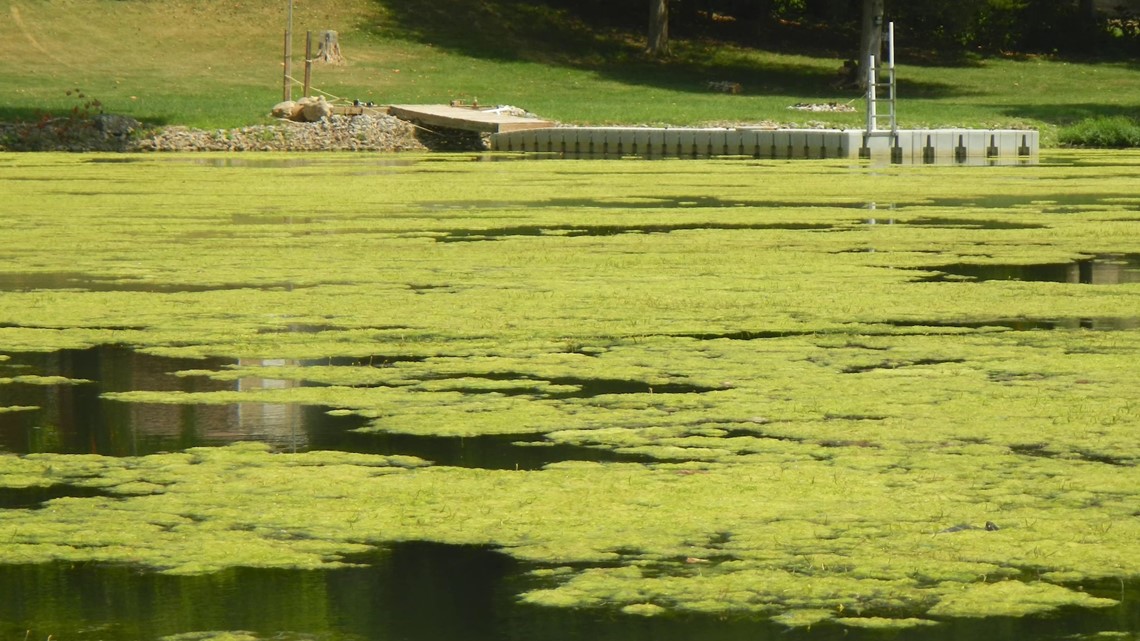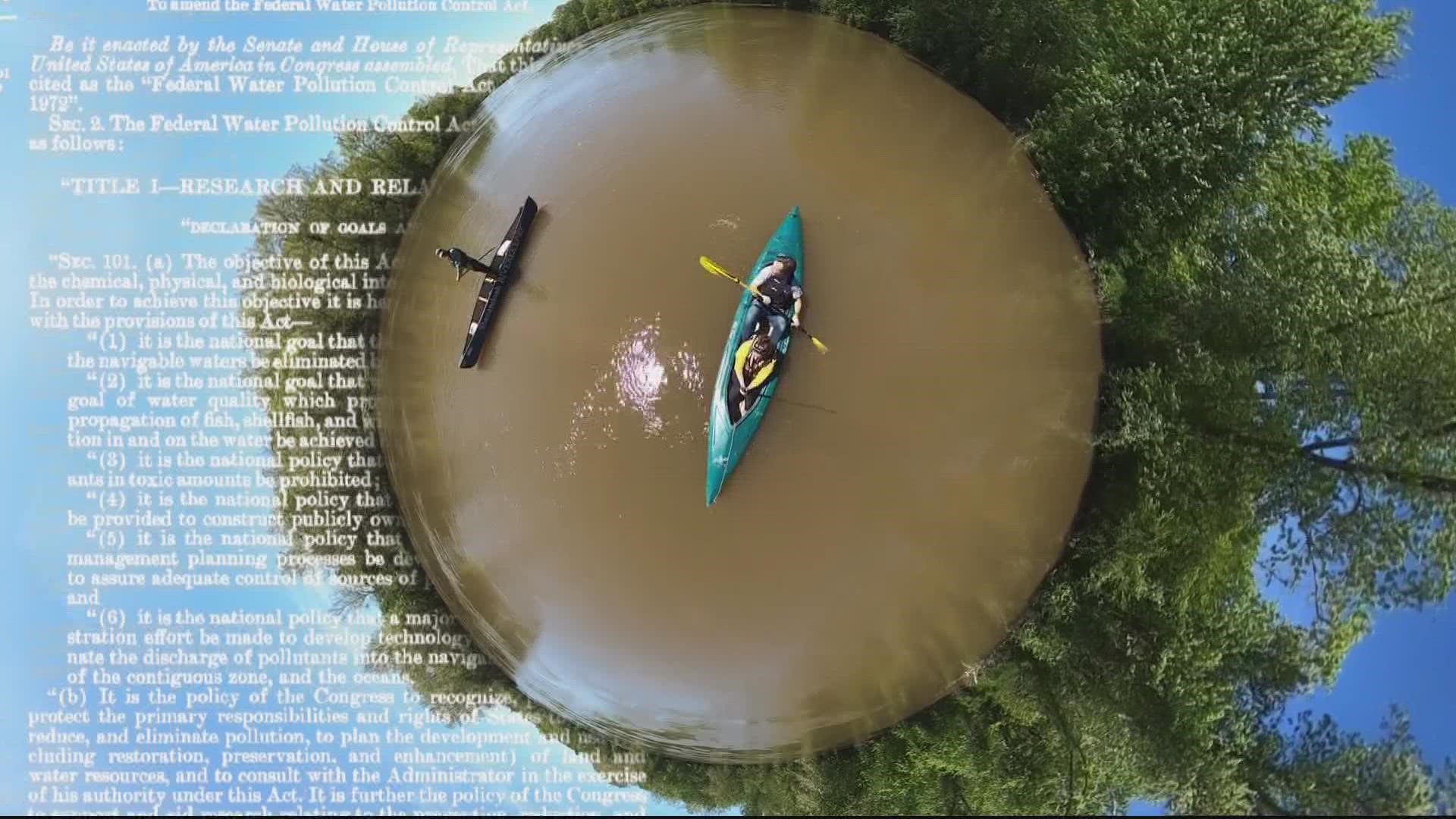BERRYVILLE, Va. — Virginia is one of the worst states in the country when it comes to river health, according to data from the Environmental Protection Agency (EPA). Numerous waterways in the Commonwealth are so polluted, people are getting sick if they get in the water.
The federal Clean Water Act of 1972 aimed to make all US Waters “fishable and swimmable” by 1983. But the region isn't there yet. The two states that score the worst in our area are Virginia and West Virginia.
"This kind of olive green, muddy appearance, is not the appearance of a healthy river," said Tom Pelton of the Environmental Integrity Project, while kayaking on the Shenandoah River near Berryville.

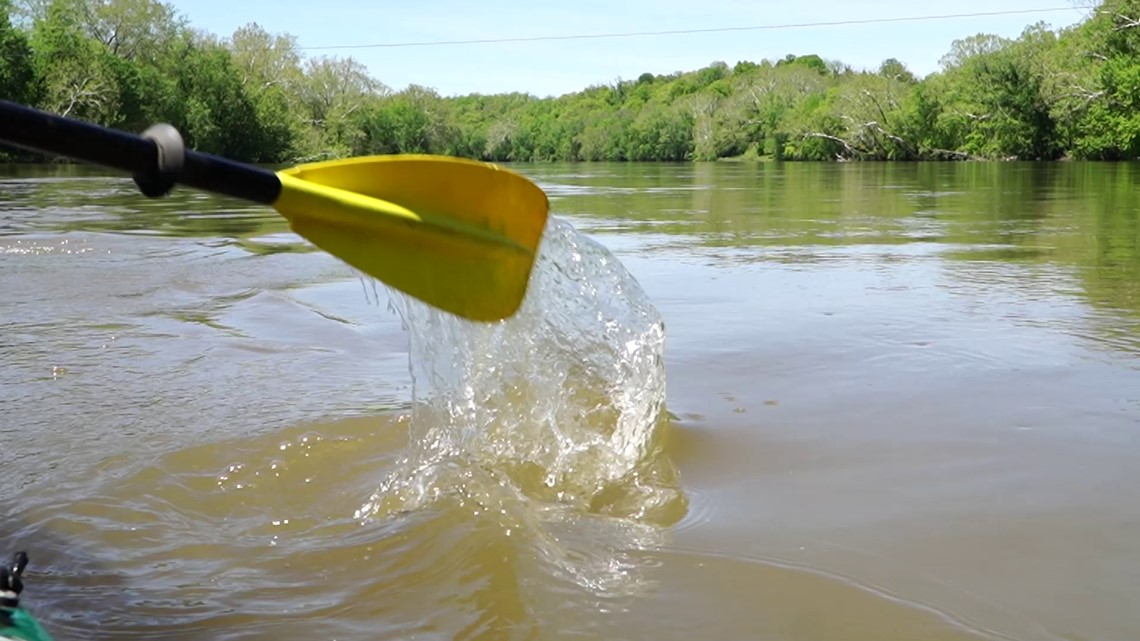
Seventy-seven percent of Virginia rivers and streams are still too polluted for contact water sports including swimming, according to EPA numbers.
West Virginia’s rivers and streams are 49% polluted. Maryland has fewer rivers, but stands at 80% polluted.
D.C. still faces pollution preventing swimming in the Anacostia River.
"Get a little in your mouth, you’ll have intestinal illnesses," Pelton said. "Our rivers are supposed to be fishable and swimmable. We shouldn’t have rivers that are making us sick."

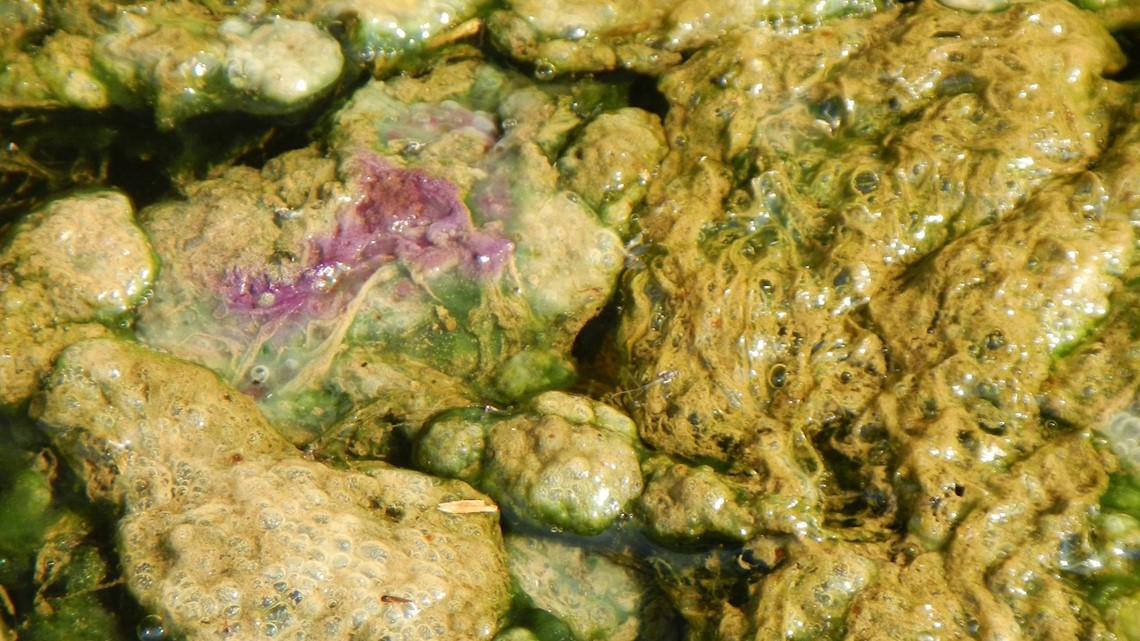
The Clean Water Act has a loophole. While it prevents factory pollution in rivers, it does little to limit farm runoff of manure and fertilizers.
“Last summer on the Shenandoah, we saw what’s called a harmful algae bloom, which is an algae that contains toxic bacteria that can kill cows, that can poison your pets, that’s dangerous to humans," said Phillip Musegaas, a Shenandoah Riverkeeper from the Potomac Riverkeeper Network.

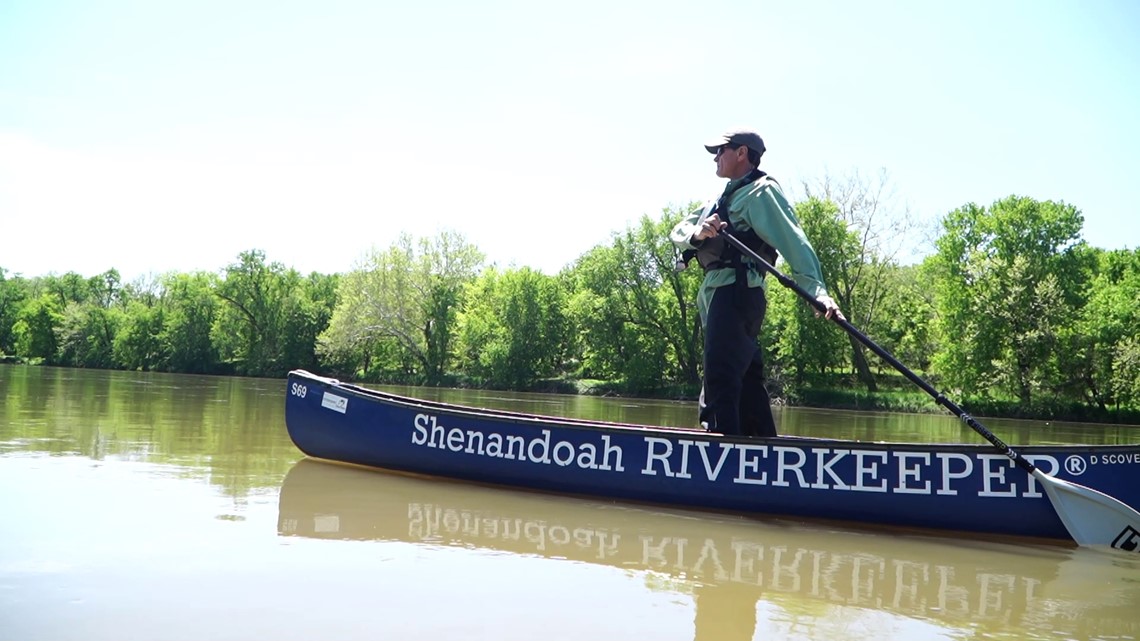
With this year marking the 50th anniversary of the Clean Water Act, the Environmental Integrity Project and Shenandoah Riverkeepers have a call to action for all planning to enjoy local rivers and lakes this summer.
“You need to write your state representative, your state senator and say we need to mandate streamside cattle fencing," Pelton said. "We need to get the cattle out of the public’s waterways."
Virginia now offers to pay up to 100% of the costs for farmers volunteering to fence their livestock away from rivers. Several hundred farmers signed up last year.

